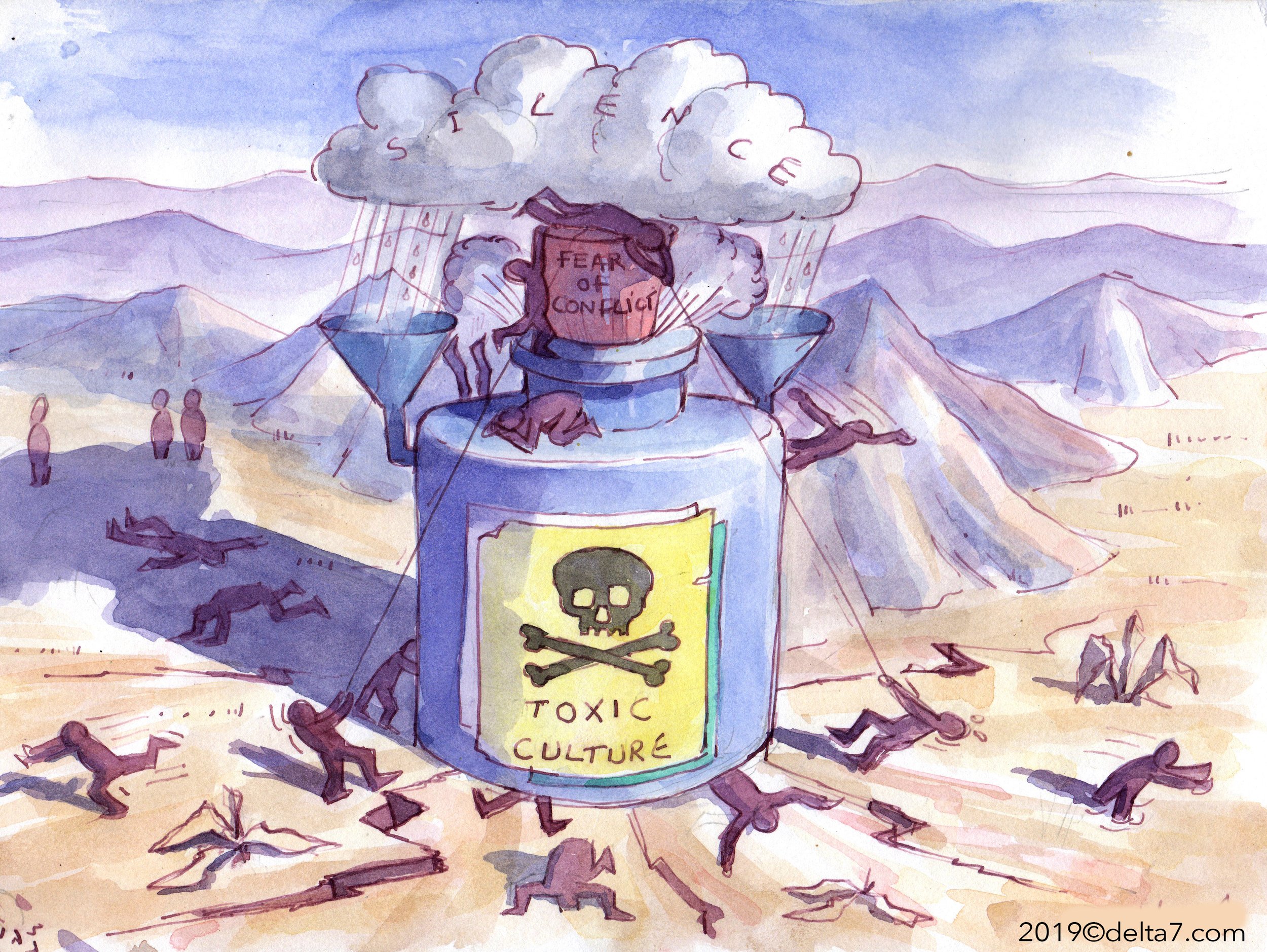Nominalisation and why the term “Toxic Culture” can bottle up feelings
julian burton
Nominalisation and why the term “Toxic Culture” can bottle up our feelings
The term “toxic culture” is often thrown around in workplaces to describe environments that feel negative, unproductive, or harmful. yet we can silence ourselves for fear of conflict.
Labelling a culture as "toxic" can sometimes be an unhelpful abstraction—a shortcut that avoids getting to the root of the real problem. When we label something as "toxic," we're using a nominalisation- turning a process or experience into a fixed thing. This can be a way of sidestepping the discomfort of talking about what’s really happening. Often, what's labelled as "toxic" is actually a collection of individual experiences and feelings. It's not an objective reality; it's a perception, a feeling inside us, that we can project outwards an sometimes other people.
The problem is, calling a culture “toxic” can mask the very real and specific emotional patterns we’re experiencing, such as frustration, fear, or a sense of powerlessness. By abstracting it into an impersonal label, we avoid addressing what we, individually, are feeling. It can prevent us from sharing our own experience: “I feel undervalued when my ideas aren’t heard” is much more vulnerable, but also more constructive, than saying “This place is toxic.”
I might hide behind the term “toxic,” avoiding a courageous conversation that could lead to small shift in my perspective or a work relationship. Instead of pointing fingers at an undefined “culture,” we need to bring our own perspectives to the surface.
What if we could move past the term "toxic culture" and notice what is going on inside in a moment at work, unpack what’s happening, address the feelings we're often afraid to confront. Real change starts when we stop hiding behind abstractions and start sharing our authentic experiences.
